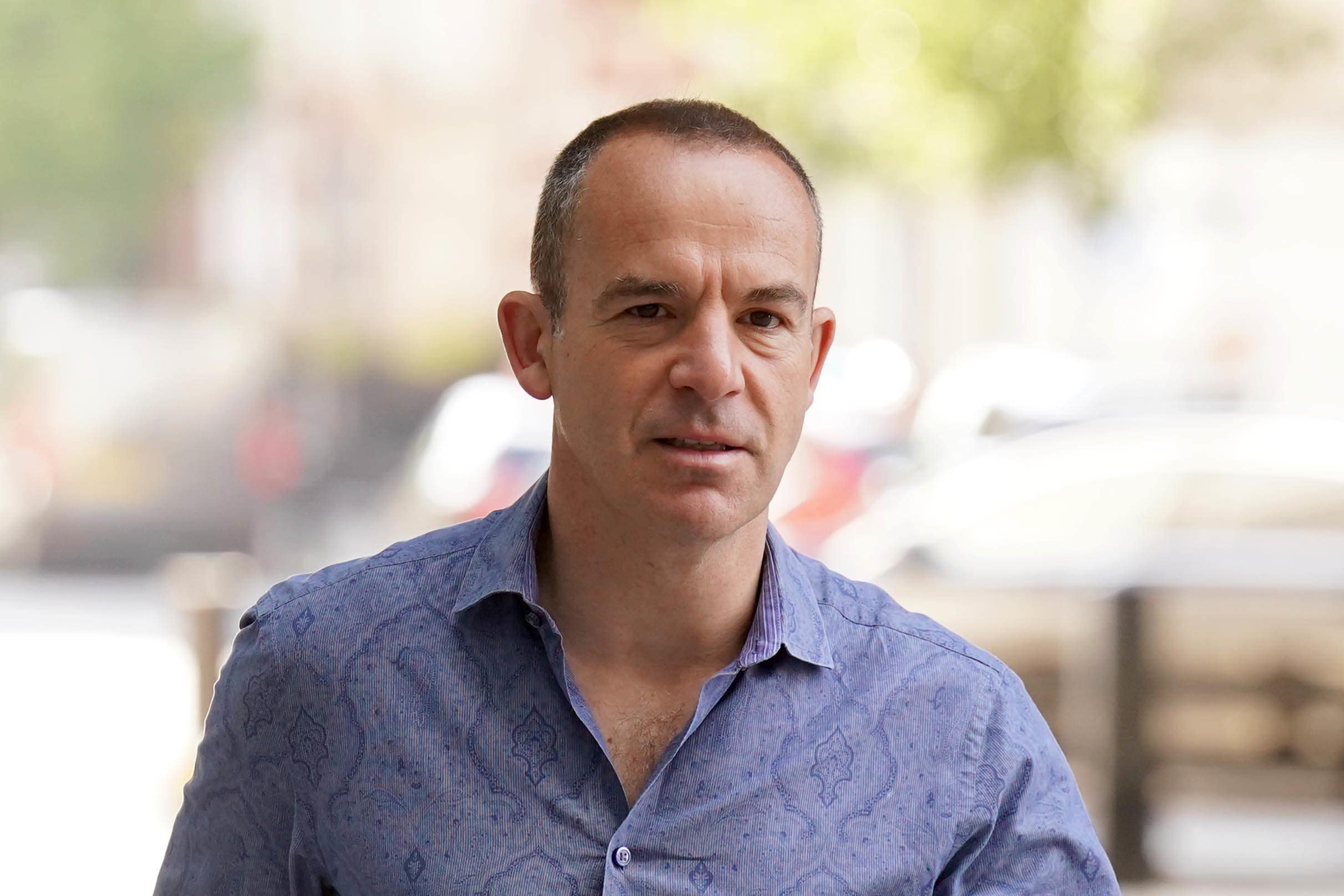Martin Lewis says ticking time bomb he warned of is ‘now exploding’
The Money Saving Expert reveals what he thinks banks need to do to ease pressure on homeowners as more mortgage deals are pulled
Martin Lewis has said that a mortgage ticking time bomb that he previously warned about is now exploding.
The MoneySavingExpert.com founder told ITV’s Good Morning Britain that he had previously highlighted a “mortgage ticking time bomb”.
He continued: “And I’m afraid that time bomb is now exploding.”
Mr Lewis said that if interest rates are going to be high over three or four years, people are going to have to readjust their finances. He said he could not see a mortgage rescue package being brought in.
Mr Lewis made his comments as figures from Moneyfactscompare.co.uk showed the average two-year fixed-rate residential mortgage rate on the market jumped to 6.07 per cent on Tuesday, from 6.01 per cent on Monday.
The average five-year fixed-rate deal is now 5.72 per cent. This is up from an average rate of 5.67 per cent on Monday.
The choice of mortgages has also shrunk since Monday, with 4,641 residential products available, down from 4,683 on Monday.
Mr Lewis told Good Morning Britain: “... What we really need is soft or hard political pressure right now to say to them [the banks] either you make things better for mortgage holders or you make them better for savers, or best, you make them better for both.”
He added: “But we’d got a lot of the banks sitting there and nodding.
“And many of the things I suggested they argued they were already doing, like you could change your term, you could take a payment holiday, you could reduce the amount you pay temporarily, you could switch to interest-only.”

He said if interest rates were going to be high over three or four years, people would have to readjust their finances because it was unlikely the government would step in to help.
Get a free fractional share worth up to £100.
Capital at risk.
Terms and conditions apply.
ADVERTISEMENT
Get a free fractional share worth up to £100.
Capital at risk.
Terms and conditions apply.
ADVERTISEMENT
He said: “I can’t see this government bringing in a mortgage rescue package, even if it wanted to do so.
“The whole point of putting interest rates up, let’s be absolutely blunt here, you put interest rates up to remove money from the economy.
Now the mortgage squeeze is going to take it out of many mid and mid to high earners
“You do that by giving people less disposable income. So in a way, putting interest rates up is having the desired effect by squeezing people on mortgages.
“And what we saw last winter and will continue to see is energy bills being so high … is effectively taking money out, disposable income out of the lowest and low to middle earners.
“And now the mortgage squeeze is going to take it out of many mid and mid to high earners. We are taking money out of the system and that’s why we put up interest rates.
“I just think we need to think very carefully, do we really want to do that to people, do we really want to push the economy to contract that much?
“And remember too, and I mentioned this in the mortgage summit, the impact on mortgages has a big knock-on effect for many renters, who are seeing record proportions of their disposable income going on rents at the moment, that’s making that unaffordable.
“And we’re heading for trouble. And I think the whole point of what I called for last October and why we had the meeting in December was the idea was you have to come up with the plans and put some of the mitigation measures in place before you get to the crisis.”
Speaking about mortgage rates, Mr Lewis said: “There is no rule that they have to come down and I certainly think that for the foreseeable future the idea of them going back to where they were is not looking on the cards.
“And in fact the current prediction for interest rates is they’re going to continue to rise now, the UK base rate’s at 4.5 per cent, going up to 5.5 per cent, 5.75 per cent.”
He said shifting to a variable deal for the short term in the hope that fixed rates might come down may be a strategy for some, but it is also a risk, if fixes continue to rise.
Two-year gilt yields rose past 5 per cent for the first time since 2008 on Monday and hit a fresh 15-year high on Tuesday, of 5.08 per cent.
The increases add to concerns about strong wage growth and sticky inflation, helping to fuel pressure on the Bank of England to raise the base rate further on Thursday. A base rate increase would immediately push up costs for homeowners on base rate tracker mortgages.
Levelling Up Secretary Michael Gove suggested that longer-term mortgages where rates are fixed in could give people certainty over their payments.
Mr Gove told The Daily Telegraph: “One of the things that is right for levelling up overall is making sure we can develop the types of products that are elsewhere in the world – particularly countries like Canada – which are long-term, fixed-rate mortgages, so you don’t get the oscillation of how much you pay every two or five years, but you have certainty over as long as 25 years on what you pay.”



Bookmark popover
Removed from bookmarks